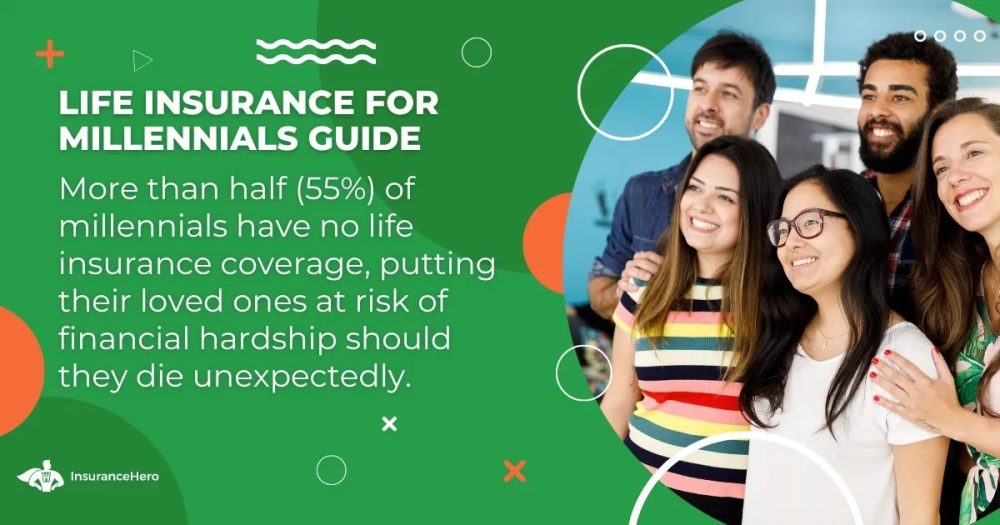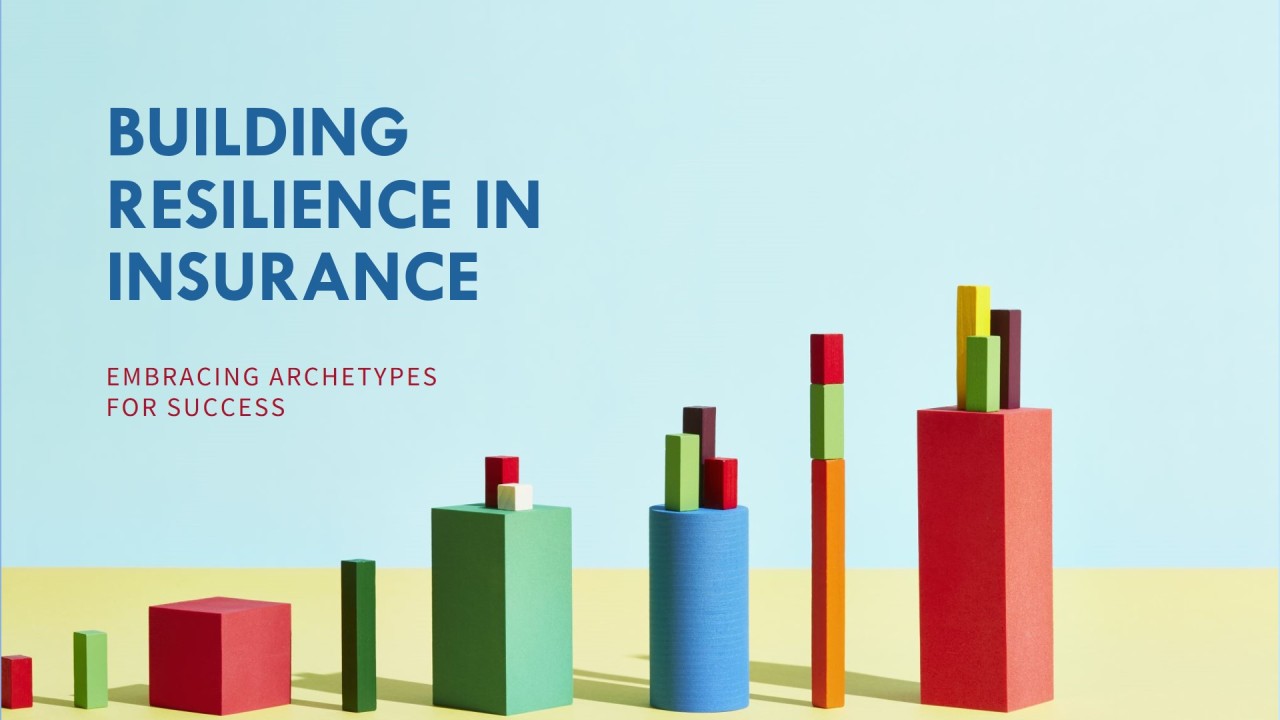In today’s fast-paced world, life insurance often feels like a topic best reserved for older generations or those with extensive financial responsibilities. However, millennials—those born roughly between 1981 and 1996—stand to gain significant benefits by considering life insurance earlier rather than later. Despite being at a stage in life often defined by career growth, personal development, and increasing financial obligations, many millennials overlook life insurance as a crucial component of a solid financial plan. Understanding why this demographic should embrace life insurance can unlock long-term financial security and peace of mind, even if it doesn’t seem immediately necessary.
One of the most compelling reasons millennials should consider life insurance is the advantage of time. Life insurance premiums are largely based on age and health, meaning younger applicants typically enjoy lower rates and more affordable coverage. By purchasing life insurance in their 20s or 30s, millennials can lock in lower premiums that remain fixed for the duration of the policy. This contrasts sharply with waiting until later in life, when health issues may arise and premiums inevitably increase. In this sense, early life insurance is a strategic investment in one’s future financial stability, offering protection at a price that becomes increasingly difficult to obtain over time.
Moreover, millennials today often find themselves carrying unique financial burdens that life insurance can help manage. Student loan debt, for example, continues to weigh heavily on many in this generation, with average balances reaching tens of thousands of dollars. While life insurance won’t erase these debts, it can ensure that if the policyholder were to pass unexpectedly, loved ones would not be saddled with this financial burden. In families where one partner shoulders significant debt, life insurance can provide a financial safety net, easing the strain during an already difficult time. It’s an act of responsibility that many overlook but can have a profound impact on survivors’ well-being.
Beyond debts, millennials are increasingly starting families, purchasing homes, and building assets—all milestones that create financial obligations. Life insurance becomes essential in safeguarding these investments. For example, a young parent may want to guarantee that their children’s education and daily needs are covered if something happens to them. Similarly, new homeowners can use life insurance to protect their mortgage, ensuring that a surviving spouse or partner isn’t forced to sell the family home under financial pressure. These scenarios highlight how life insurance serves as a foundational pillar in a broader financial strategy aimed at preserving lifestyle and aspirations despite unforeseen circumstances.
Another important, yet often overlooked, benefit of life insurance for millennials is its role in estate planning and wealth transfer. While millennials may not be thinking about inheritance or passing on wealth just yet, having a life insurance policy can create opportunities to build generational financial security. Some life insurance products offer cash value components that grow over time, serving as a supplemental savings vehicle. These funds can be borrowed against or used in retirement planning, providing financial flexibility that goes beyond mere protection. The dual function of insurance as both a safety net and an asset-building tool makes it particularly valuable for millennials who want to think long-term.
There is also a psychological and emotional dimension to consider. Life insurance offers a sense of control over the uncertain future, reducing anxiety about “what if” scenarios. Many millennials face uncertainties related to job security, health care costs, and global economic fluctuations. Having a life insurance policy can mitigate some of these worries by providing reassurance that their loved ones will be cared for financially, no matter what. This peace of mind can free individuals to focus on their careers, personal growth, and relationships, knowing they have a plan in place for life’s unexpected events.
Critics might argue that millennials should prioritize paying off debt or saving for retirement before investing in life insurance. While these are indeed important goals, life insurance need not come at their expense. Affordable term life policies offer straightforward, budget-friendly coverage that fits well within a millennial’s financial plan. It’s less about choosing between priorities and more about integrating life insurance into a holistic approach to financial wellness. By starting with manageable coverage amounts, millennials can gradually increase their protection as their income and responsibilities grow, making life insurance a flexible and adaptable solution.
To illustrate, consider the example of Sarah, a 29-year-old graphic designer who recently married and plans to start a family within a few years. Sarah was initially hesitant about life insurance, feeling it was unnecessary given her current health and financial status. However, after consulting with a financial advisor, she decided to purchase a 20-year term policy with a modest coverage amount. This decision not only locked in a low premium but also gave her confidence that if anything happened to her, her husband wouldn’t be burdened with debt or lost income. As her career advances and family grows, Sarah can revisit her policy to increase coverage, demonstrating how life insurance can evolve alongside life itself.
In the end, life insurance is much more than a safety net—it’s a proactive financial tool that helps millennials safeguard their present and future. Whether it’s protecting loved ones from debt, ensuring mortgage security, or laying the groundwork for long-term wealth, life insurance offers tangible benefits that resonate deeply with this generation’s unique circumstances. As millennials navigate an increasingly complex financial landscape, understanding the value of life insurance and incorporating it early can lead to greater financial resilience and peace of mind. It’s not just about planning for the inevitable but empowering oneself to live fully today while preparing wisely for tomorrow.





